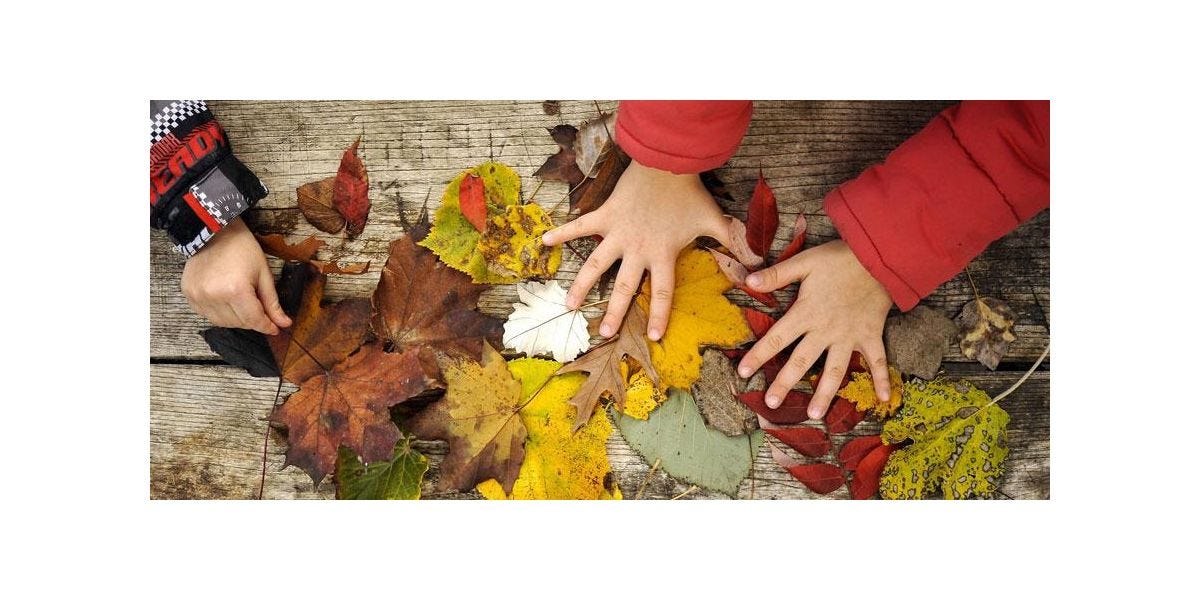Having to live with the restrictions imposed by COVID has required us to reevaluate how children learn. With lower transmission rates outdoors, and greater ability to naturally socially distance, outdoor learning is really taking off.
Those settings and schools fortunate enough to have Forest School Leaders are reaping the benefits of this inspiring approach to outdoor learning. The emotional benefits to this are well documented, and can only continue to be of value post lockdown.
Forest School, with its nature-based pedagogical approach, sees children connect with the outdoors in a fun, child-led way. This aligns with children’s innate drive to be curious and in Forest School, children are empowered to explore, investigate and interact away from the barriers of the classroom.
With some children having been out of settings and schools for nearly six months, the opportunity to engage with Forest School sessions can be a way to promote personal, social and emotional development. Children take the lead, learning is at the pace of the individual and instilled through a play-based approach. This distances it from the ‘catch up’ mandate currently circulating in education.
Learning is authentic and organic, empowering children to lead their play, become immersed in experiences and exert control over their play. They learn vital social skills transferable to the classroom such as cooperation, tolerance, negotiation, resilience and patience.
A crucial element of forest school is risk-taking, allowing the child to assess the safety of activities and play situations. This empowers them to be responsible, making their own decisions about staying safe which in turn develops confidence and self-esteem. Forest School encourages talk about risk as we consider scenarios such as ‘is that tree safe to climb?’ and ‘how can I whittle safely?’
During the long months of lockdown, particularly when we were only permitted an hours exercise a day, children’s connection to the outdoors could have been inhibited. Now, as we learn to live in a world where COVID exists, it’s more important than ever to nurture these connections. The natural environment is ever-changing, inspiring our learning.
We can notice the changing colour of the leaves, the appearance of shoots and buds, the frosty mornings, the effect of the summer sun on our bodies; all encouraging communication and language skills. How can children know what it means to be cold unless they’ve actually felt it? How can we know what crunchy leaves sound like unless we’ve heard the sound underfoot? Through practical, hands-on experiences, children learn expressive language to describe the world around them.
At the heart of Forest School is the belief that the child is capable and competent. This is in contrast to the deficit model which views COVID as causing long term negative effects on children’s development, particularly those from a disadvantaged background.
During Forest School sessions, children are viewed as equal, there is no grouping or streaming based on ability – children are treated as children, with the understanding of what play can achieve in a natural, outdoor environment. Through this approach to learning, we’re empowering children to be curious, respectful of nature and the environment and become well-rounded individuals. Margaret McMillan says it best - ‘The best classroom and the richest playground are roofed only by the sky.’

